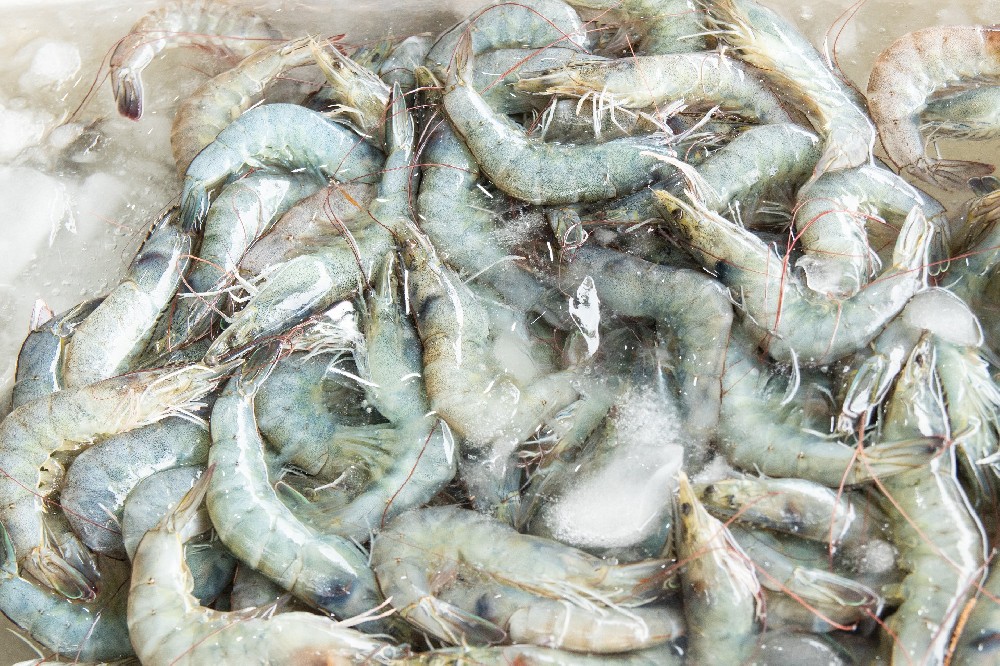On the eve of the tax increase storm, imported goods rushed to the US market

As Trump is about to take office as US president on January 20, a storm is brewing about tax increases on imported goods. However, before the storm came, many imported goods had arrived in the United States ahead of schedule, trying to seize the lead in this trade war.
Trump has said many times on the eve of his inauguration that he wants to adopt a stricter tariff policy on imported goods. He plans to create a new federal agency called the External Revenue Service (ERS) to benchmark and reform what he considers the IRS to be "too bloated." Trump said the new agency would be charged with collecting fees from countries that profit from trade with the United States to achieve what he called "fair trade." He stressed that a 25% tariff on all goods from Canada and Mexico and a 10% tariff on China goods will undoubtedly have a far-reaching impact on the global trade pattern.
Before the new tariff policy officially came into effect, China's exports to the United States hit a record in December. According to statistics, about 451,000 40-foot containers of China cargo arrived at U.S. ports that month, up 14.5 percent from a year earlier. This data not only reflects the urgency of China exporters, but also indicates that they may be preparing for the upcoming trade war.
Canadian exporters are also threatened. Tim Kennedy of the Canadian Aquaculture Alliance (CAIA) says everyone is deeply concerned about potential tariffs right now. In response to this challenge, some Canadian government officials and business leaders have even personally lobbied in the United States to try to reduce the losses that may result from tariff policies. They have strengthened their commercial and political relations with some northeastern states by road shows, hoping to gain more benefits for themselves in this trade war.
However, despite efforts by all sides to cope with the upcoming tariff storm, the impact of this trade war is still difficult to predict. Trump's tariff policies may not only trigger an escalation of global trade tensions, but also have a negative impact on American consumers and businesses. After all, higher taxes would raise the cost of imported goods, which in turn could lead to higher consumer prices and lower corporate profits.
In this context, governments and exporters are paying close attention to the Trump administration's movements and trying to mitigate the possible impact of tariff policies in various ways. However, no matter how it is dealt with, this trade war will have a profound impact on the global trade pattern and may trigger a series of chain reactions.
-

Ecuadorian Shrimp-It's Not Easy To Love You
2024-07-04 -
The AI Lecture of Zhanjiang Chamber of Commerce was successfully held in Quanlian Centralized Procurement, helping the enterprise to upgrade its digital intelligence
2025-04-18 -
Tilapia Tariff Raised to 45%, U.S. Market Waiting for Change
2025-04-02 -
Into the Northwest Frozen Food Hub| All-Union Centralized Procurement Visits Lanzhou Jiaojiawan Frozen Market
2025-03-07 -
China's Ministry of Commerce's latest response to the US imposition of a 10% tariff on Chinese exports to the United States
2025-03-04 -
Ecuador shrimp industry new era, 2024 top ten shrimp enterprises list announced
2025-02-26













